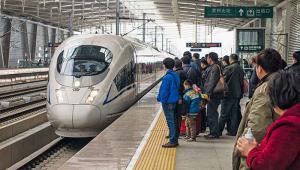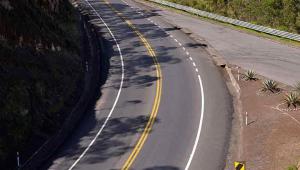It said China’s strong growth had seen cities account for 57% of its population, projected to rise to 70% by 2030.
This growth had increased living standards but also brought traffic congestion and air pollution, making it essential to reform China’s city planning to create sustainable urban environments, the bank said.
Wanli Fang, World Bank urban economist and the project co-team leader, said: “This pilot project focuses on compact, mixed-use, pedestrian and bicycle-friendly development around transit stations that can help reverse the trend of car-dependent city sprawl, improve air quality, reduce road congestion, and make it easier for people to get to jobs and access other opportunities.”
The approach will be tested in Beijing, Tianjin, Shijiazhuang, Ningbo, Nanchang, Guiyang and Shenzhen to develop knowledge and resources that other cities may then use.







